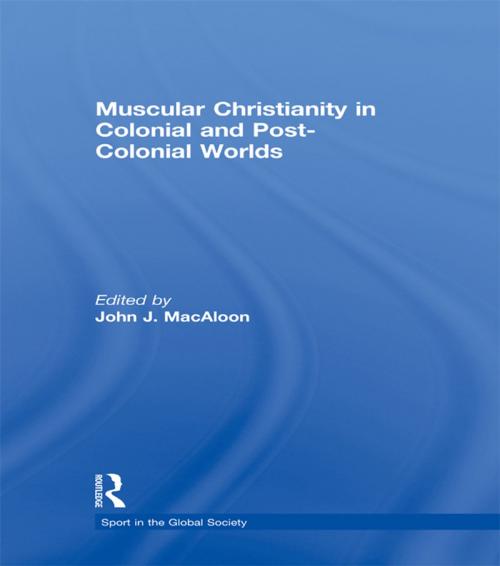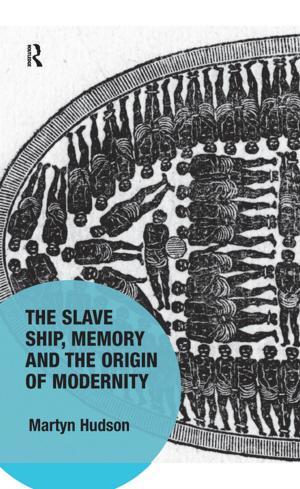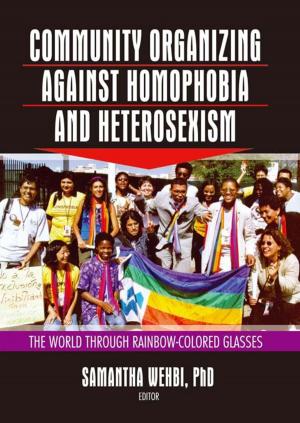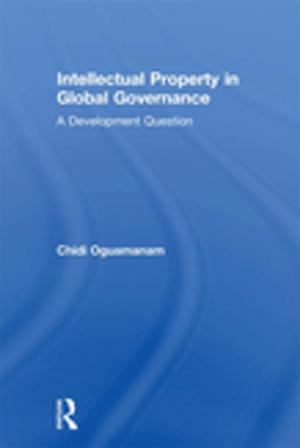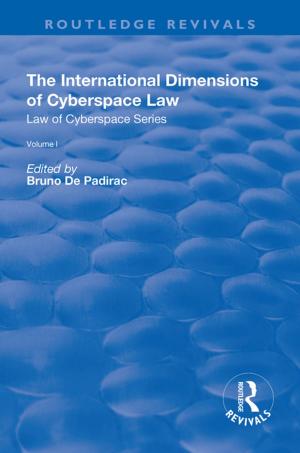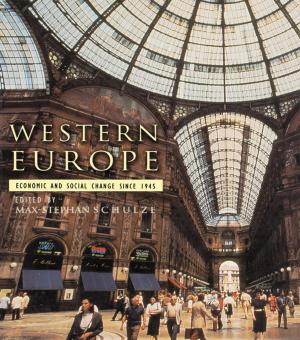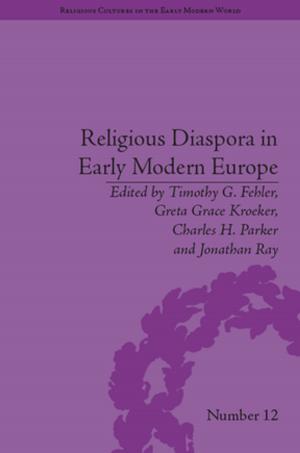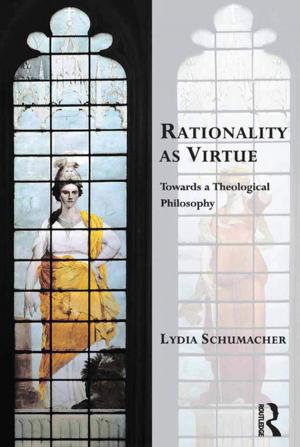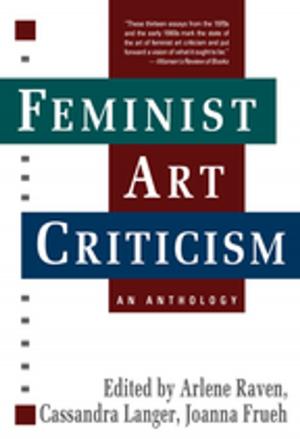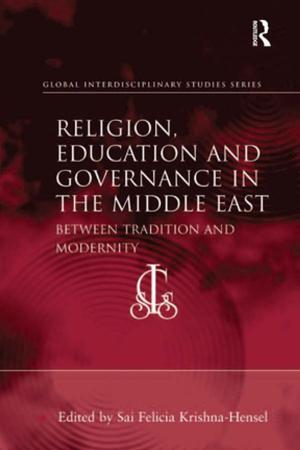| Author: | ISBN: | 9781317997917 | |
| Publisher: | Taylor and Francis | Publication: | September 13, 2013 |
| Imprint: | Routledge | Language: | English |
| Author: | |
| ISBN: | 9781317997917 |
| Publisher: | Taylor and Francis |
| Publication: | September 13, 2013 |
| Imprint: | Routledge |
| Language: | English |
This Volume explores the enormous impact the ethos of Muscular Christianity has had an on modern civil society in English-speaking nations and among the peoples they colonized. First codified by British Christian Socialists in the mid-nineteenth century, explicitly religious forms of the ideology have persistently re-emerged over ensuing decades: secularized, essentialized, and normalized versions of the ethos - the public school spirit, the games ethic, moral masculinity, the strenuous life - came to dominate and to spread rapidly across class, status, and gender lines. These developments have been appropriated by the state to support imperial military and colonial projects. Late nineteenth and early twentieth century apologists and critics alike widely understood Muscular Christianity to be a key engine of British colonialism. This text demonstrates the need to re-evaluate the entire history of Muscular Christianity comes chiefly from contemporary post-colonial studies. The papers explore fascinating case materials from Canada, the U.S., India, Japan, Papua, New Guinea, the Spanish Caribbean, and in Britain in a joint effort to outline a truly international, post-colonial sport history.
This book was published as a special issue of the International Journal of the History of Sport.
This Volume explores the enormous impact the ethos of Muscular Christianity has had an on modern civil society in English-speaking nations and among the peoples they colonized. First codified by British Christian Socialists in the mid-nineteenth century, explicitly religious forms of the ideology have persistently re-emerged over ensuing decades: secularized, essentialized, and normalized versions of the ethos - the public school spirit, the games ethic, moral masculinity, the strenuous life - came to dominate and to spread rapidly across class, status, and gender lines. These developments have been appropriated by the state to support imperial military and colonial projects. Late nineteenth and early twentieth century apologists and critics alike widely understood Muscular Christianity to be a key engine of British colonialism. This text demonstrates the need to re-evaluate the entire history of Muscular Christianity comes chiefly from contemporary post-colonial studies. The papers explore fascinating case materials from Canada, the U.S., India, Japan, Papua, New Guinea, the Spanish Caribbean, and in Britain in a joint effort to outline a truly international, post-colonial sport history.
This book was published as a special issue of the International Journal of the History of Sport.
